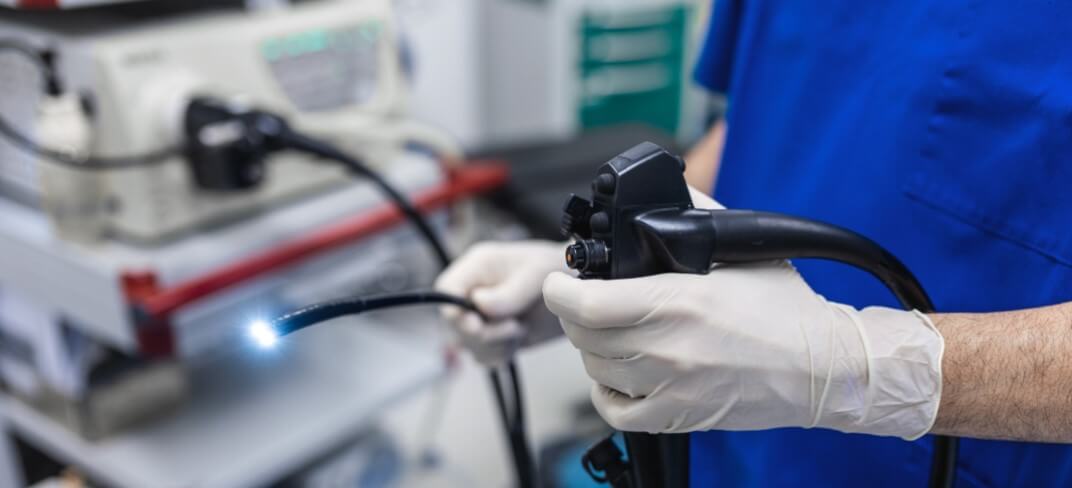Gastroscopy or Colonoscopy: Which Procedure is Right for You?

What is the Difference Between a Gastroscopy and a Colonoscopy?
Distinguishing between the two examinations lies in their respective scopes and areas of examination. Gastroscopy explores the upper gastrointestinal tract, encompassing the oesophagus, stomach, and the initial segment of the small intestine. A Gastroscopy is sometimes referred to as an OGD (oesophago-gastro-duodenscopy). A colonoscopy focuses on the lower gastrointestinal tract, specifically the rectum and the entirety of the large intestine.
Understanding the specific situations in which each procedure is required is crucial.
What are the Reasons for a Gastroscopy?
- Diagnosis of swallowing difficulties (dysphagia), investigating potential causes such as strictures or inflammation.
- Identification of stomach ulcers, which may present with symptoms like abdominal pain, nausea, or gastrointestinal bleeding.
- Screening for cancers affecting the upper GI tract, including oesophageal cancer and stomach cancer.
- Assessment and management of conditions like acid reflux (gastroesophageal reflux disease or GERD), characterised by heartburn and regurgitation.
- Treatment and monitoring of Barrett's oesophagus, a condition where the lining of the oesophagus undergoes changes, which may lead to oesophageal cancer.
What Happens During a Gastroscopy?
Following administration of sedation, a thin tube with a camera is inserted through your mouth into your stomach. Air may be pumped into your stomach, causing bloating and burping. Cell samples might be taken. You will not feel this.
After the procedure, you'll be moved to a recovery room and can usually go home once you feel well enough, typically within a few hours. You will need to arrange for someone to accompany you home. You should avoid alcohol, driving, machinery operation, and signing important documents for 24 hours. Following the procedure, some stomach and throat discomfort are normal; these should subside within hours.
The procedure typically lasts between 15 to 45 minutes, although your total time at the hospital, from arrival to departure, may extend to around 4 hours.
What Are the Reasons for a Colonoscopy?
- Presence of blood in stool which could indicate various gastrointestinal issues such as hemorrhoids, inflammatory bowel disease, or colorectal cancer.
- Alterations in bowel habits, including persistent diarrhoea, constipation, or changes in stool consistency, warranting investigation for underlying conditions.
- Diagnosis and monitoring of inflammatory bowel diseases (IBD) such as Crohn's disease and ulcerative colitis, characterised by chronic inflammation of the digestive tract.
- Detection and removal of polyps, abnormal growths within the colon that may develop into cancer over time.
- Screening for colorectal cancer, particularly in individuals at increased risk due to factors such as age, family history, or personal medical history.
What Happens During a Colonoscopy?
The colonoscopy procedure involves a colonoscope, which is a slender, flexible tube with a lighted camera at its tip. Your gastroenterologist will insert the colonoscope into your anus and carefully navigate it along your colon until it meets your small intestine. As the colonoscope advances, it gently inflates your colon with air. The camera relays video images of your colon's interior to a monitor, allowing your provider to examine it for any abnormalities.
A typical colonoscopy takes approximately 30 minutes to complete, with 15 minutes for advancing the colonoscope and another 15 minutes for its withdrawal, allowing the consultant to examine the large intestine twice. If any abnormalities like polyps are detected, additional time, approximately 15 minutes, may be required for their removal or treatment.
The decision about which test is most appropriate for you should be made in consultation with your GP and gastroenterologist. Talk to your doctors to determine what test you need based on your symptoms, medical history, and risk factors.
Learn more about Gastroenterology and Digestive Services at UPMC.